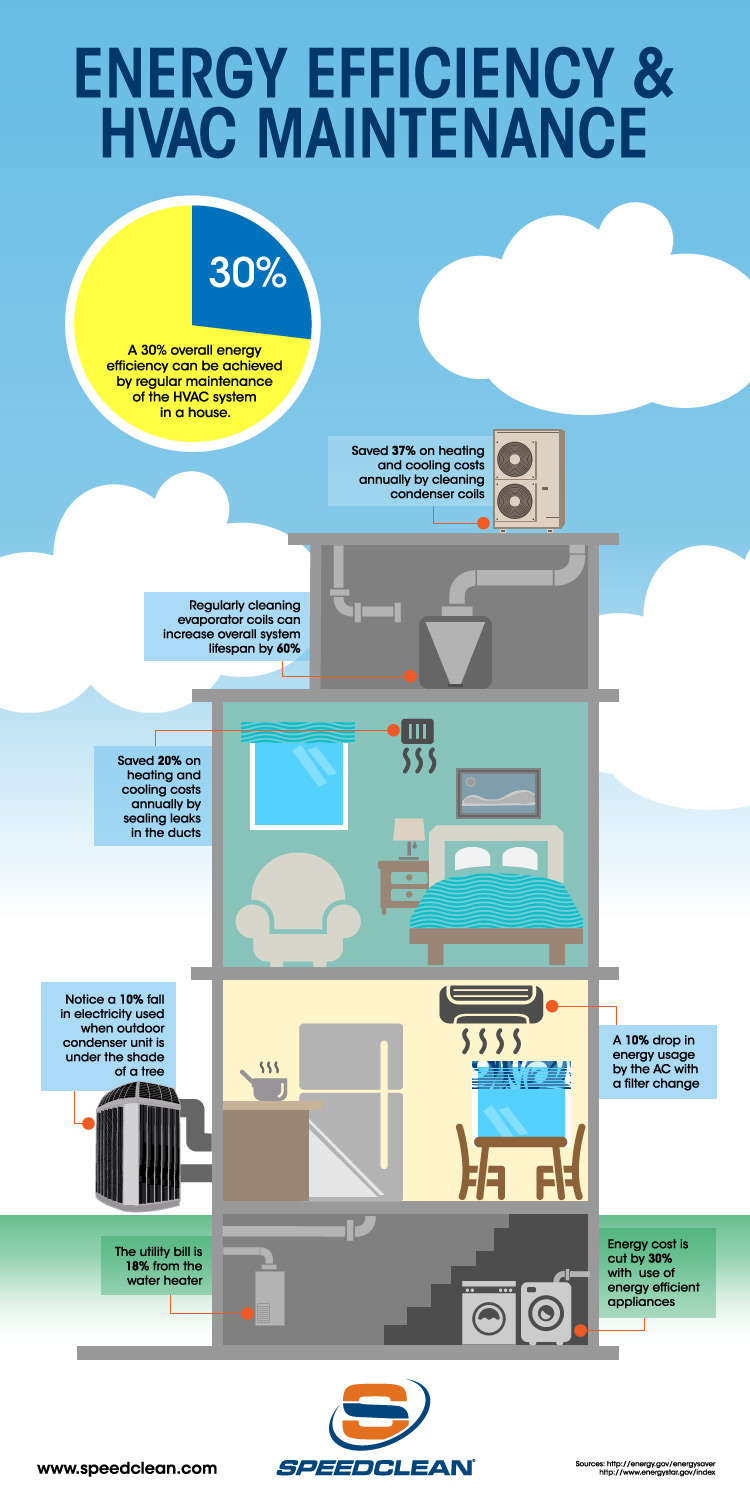Discovering The Environmental Benefits Of Warmth Pumps - A Lasting Home Heating Remedy
Discovering The Environmental Benefits Of Warmth Pumps - A Lasting Home Heating Remedy
Blog Article
Authored By-Crabtree Otto
In a period where sustainability and energy performance are vital, lots of businesses seek green heating services. One such option is the heat pump.
A heat pump extracts the warm in its surroundings and pumps it into your home, resulting in among one of the most effective green main furnace around. This procedure also generates zero greenhouse gas exhausts, making it an extremely lasting innovation.
Energy Effectiveness
Heat pumps are very power efficient and require little upkeep. They use less electrical power than other heating systems and are by far the most eco-friendly. They function well with rooftop solar and can usually spend for themselves in energy financial savings alone.
They can likewise give cooling, which is great for garage workshops, attic hangouts and benefit spaces, and home additions without prolonging the existing ductwork. They can also be used for retrofits in existing homes with hydronic (water-based) circulation systems such as low temperature radiators or radiant floors.
Seek designs with SEER and HSPF ratings that meet or go beyond Canada's minimum requirements, along with the standards in your area. Greater scores imply greater effectiveness, which saves you cash over time and minimizes your carbon footprint. You might also qualify for discounts and incentives! The most effective systems are those with a ground heat exchanger for added effectiveness. These units can take in thermal power from the ground during the winter season and extract it in the summertime.
Lowered Greenhouse Gas Emissions
Heatpump run on electrical energy and basically move warmth from the air, also when it's chilly outside. They have the ability to draw out the free warmth caught in air particles and relocate them indoors, lowering humidity while doing so.
Contrasted to gas heaters, contemporary heatpump utilize less than one kilowatt of electrical energy per kilowatt of home heating power they generate. This makes them the most power effective home heating option available with a POLICE OFFICER (Coefficient of Efficiency) of 4 or more. By reducing relevant site for fossil fuels, heatpump help reduce greenhouse gas exhausts and cut other significant air contaminants.
Structure decarbonization is a global necessary, and the a/c field is a key driver of that procedure. Whether it's investor making net no commitments, policy manufacturers establishing emissions limitations, or renters requiring greener rooms, electrical heatpump are being identified as a necessary option. They are a cost-effective means to minimize carbon exhausts by removing the demand for nonrenewable fuel sources in structures.
Adaptability
Heat pumps can be utilized in numerous kinds of homes and structures-- with or without air ducts. They collaborate with hot-water radiators, air-conditioning and programmable thermostats. They can replace furnaces or be installed in new houses. They can run on solar panels, geothermal systems or perhaps area heating sources like wastewater.
They're great at providing even more warmth per power unit. For example, an air-source heatpump produces up to three or more heating units from each electrical power device it consumes.
Obtaining one of the most from your heatpump will depend on your environment area and quality of insulation. Try to find models with ENERGY celebrity scores and compare their SEER or HSPF specs. In cost of ducted heat pump system , concentrate on SEER; in cooler regions, consider a system with a higher HSPF score. On mitsubishi heat pump servicing tauranga of that, purchase air securing and insulation to minimize the load on your heatpump. That will boost power efficiency and assist you reach your Internet Zero objectives faster.
Biomass Boilers
Biomass central heating boilers utilize wood pellets, chips or logs to develop heat and hot water. They are a good choice for off-grid residential properties or those that want to get off the gas grid.
As a standalone furnace, biomass can provide enough power to maintain your home cozy all year round without the regular heat drop off of various other sustainable technologies. They can additionally be utilized combined with solar panels to maximise financial savings and benefit from RHI repayments.
A drawback of these systems is the in advance expense and routine fuel shipments. Usually, pellets will require to be blown into a gas shop using a vacuum cleaner system or they can be manually fed right into the central heating boiler with a receptacle. Logs are usually self-sourced from close-by forest or gotten wholesale. As well as this, they need manual loading and may need cleaning on a regular basis.